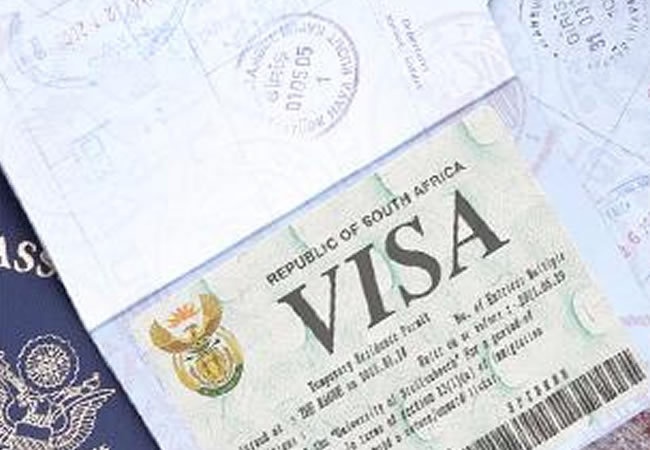The Trans-African Tourism and Unity Campaign, led by Ras Mubarak, has embarked on a challenging mission to dismantle visa barriers across the African continent. Their 40,000-kilometer journey through 39 African countries aims to highlight the absurdity of visa restrictions that impede travel within Africa, hindering the continent’s unity, economic growth, and cultural exchange. Mubarak criticizes the prevailing visa regimes as a tragic remnant of colonial divisions, making it often easier for Africans to obtain visas to European countries than to other African nations. This situation contradicts the African Union’s Agenda 2063, which envisions a united and prosperous Africa. The campaign seeks to mobilize public opinion and pressure governments to adopt a visa-free policy for all African citizens, mirroring the successful models implemented by Kenya and Benin.
The campaign itself has become a stark illustration of the very problem it seeks to address. The eight-member team has already spent a substantial $11,800 on visa fees, money that could have been invested in the journey itself, supporting local economies along the way. Mubarak argues that the financial burden imposed by visa requirements is just one facet of the larger issue. The free movement of people, he emphasizes, would stimulate trade, create jobs, boost tourism revenue, and foster greater understanding among African nations. The current system, he contends, not only separates people but also deprives economies of significant opportunities for growth and development. He challenges other African governments to follow the lead of Kenya, which has completely abolished visa requirements for all African nationals, and Benin, which has also made significant strides towards open borders.
While Ghana, Mubarak’s home country, has announced a visa-free policy, its implementation has been frustratingly slow. He hopes to see this policy fully realized within the next two years. His ultimate goal, however, extends far beyond Ghana’s borders. Mubarak envisions an Africa where any citizen can travel freely, whether by air, land, or sea, without the impediment of visa restrictions. He believes that this freedom of movement is fundamental to achieving true unity and prosperity for the continent. Mubarak’s campaign isn’t solely focused on the economic benefits of open borders. He sees visa-free travel as a crucial step towards healing the psychological scars of colonialism and fostering a stronger sense of pan-African identity.
A significant obstacle to realizing this vision, according to Mubarak, is the apparent lack of political will. He points out the ironic ease with which many African countries grant visas to visitors from Europe and North America, while simultaneously placing onerous restrictions on their own African brothers and sisters. This discrepancy, he argues, reflects a lingering colonial mindset that continues to prioritize relationships with former colonial powers over intra-African connections. Beyond bureaucratic inertia, Mubarak also identifies corruption as a major impediment to free movement. He recounts witnessing border officials attempting to extort money from travelers, even those with valid documentation. This exploitative practice further reinforces the need for streamlined and transparent border procedures.
Mubarak has also expressed disappointment with the response from pan-African institutions. Despite outreach to organizations like the African Continental Free Trade Area (AfCFTA), the African Union (AU), and the East African Community (EAC), only ECOWAS has responded to the campaign’s calls for engagement. He criticizes the AfCFTA, headquartered in Accra, for its silence, highlighting the disconnect between the organization’s mandate to promote free trade and its apparent lack of interest in facilitating the free movement of people. This lack of institutional support underscores the need for grassroots mobilization to drive change. Mubarak remains optimistic, believing that pressure from the public, amplified by media attention, can ultimately force governments to act.
Despite the challenges, Mubarak remains steadfast in his conviction. He dismisses concerns about potential negative consequences of open borders, citing the examples of Benin and Ghana, which have not experienced an influx of Nigerians despite relaxed visa requirements. He views such fears as unfounded and believes they are often used as excuses to maintain the status quo. The campaign continues its journey, heading towards Cameroon, Equatorial Guinea, Gabon, and other countries, with the ultimate goal of returning to Ghana in January 2026, after 163 days on the road. The journey itself serves as a powerful symbol of the campaign’s message: that a united and prosperous Africa requires breaking down the artificial barriers that divide its people and embracing a future of free movement and collaboration.


